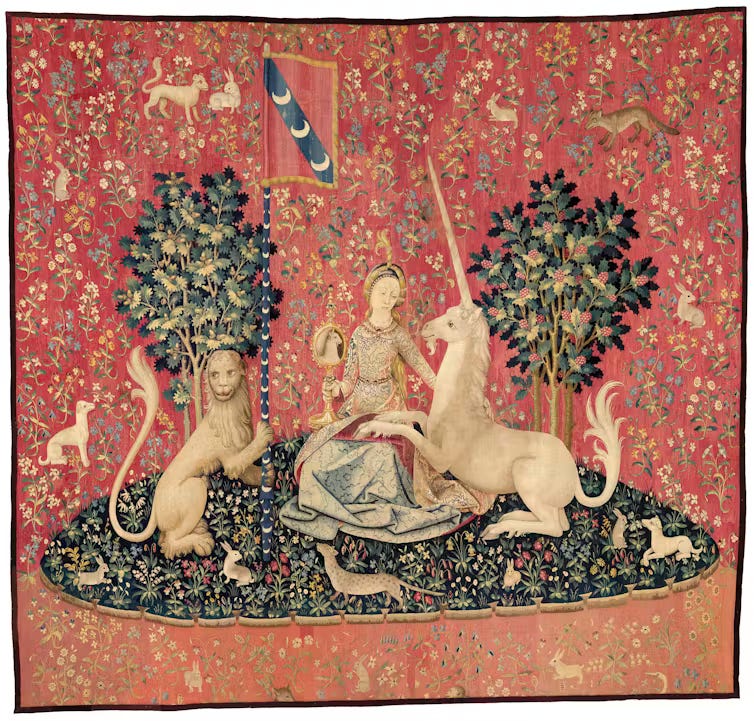
Two brief announcements before this week’s essay, in which I venture into Daoism:
1. Workshop: There are still 2 weeks left to apply for “The Foundations of Agency”, a 40-day workshop I developed with the novelist Jordan Castro. It starts in late September. You can learn more and apply here.
2. Work with me: I’m looking for a Marketing partner for a part-time role starting immediately. This person will work extremely closely with me to help launch my new book—but the possibilities extend far beyond that. I expect this position to grow into a full-time role within 12 months. You can learn more here.



